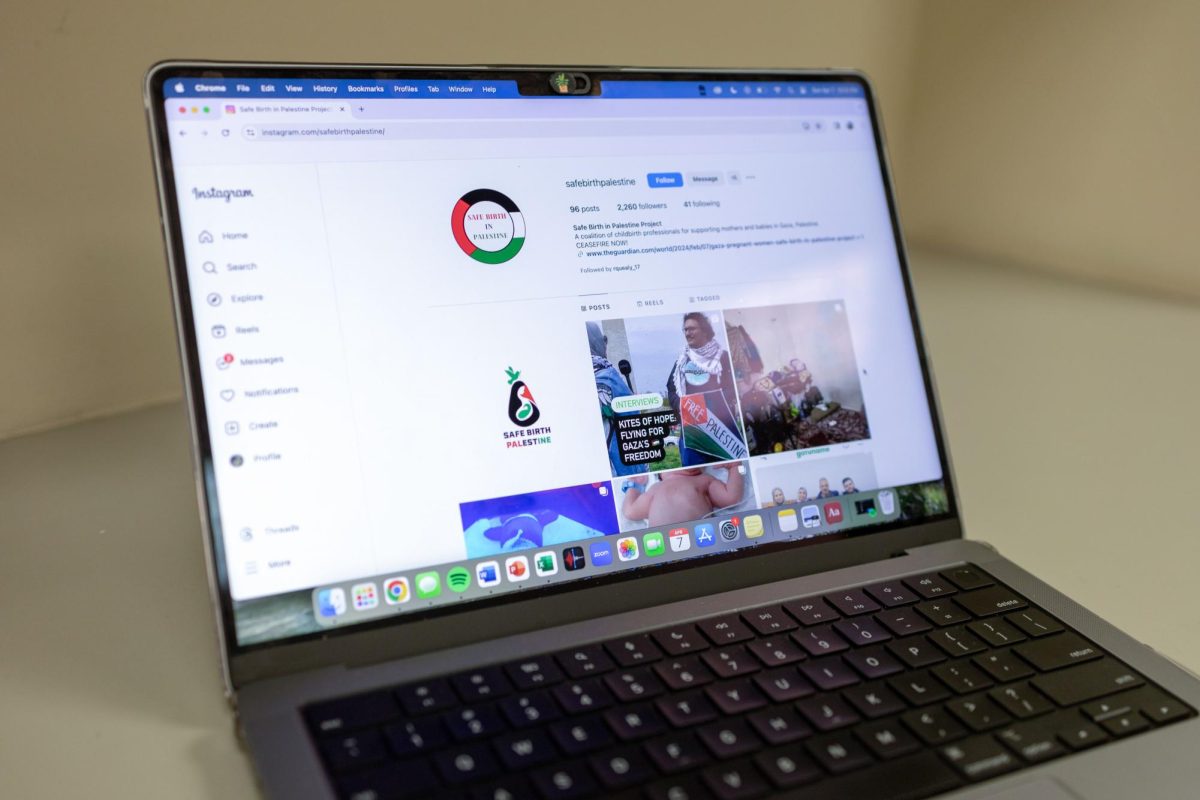After two years without a permanent leader, Milken Institute School of Public Health officials announced a new director of the Food Policy and Health Institute.
Following a more than year-long search, officials tapped Michele Ver Ploeg, who has served as acting assistant administrator of the Economic Research Service for the past nine months, late last month to lead the institute. Public health faculty involved with the institute said they hope Ver Ploeg will bring an end to the “holding pattern” that has caused the institute to lack funding and a clear direction.
Ver Ploeg said GW’s location in the nation’s capital provides students with a unique opportunity to interact with federal institutions that can contribute to their learning experience. She said the world faces many “complex” issues like food security and health and looks forward to contributing to research and policy debates under her leadership.
“My goals are to ensure the institute is a trusted voice in producing research and analysis that can be used to inform policies that improve food security, encourage healthier food choices and promote the health and environmental sustainability of food systems,” she said in an email.
She said her past experience in the U.S. Department of Agriculture and in health policy provides her with a strong background to tackle a wide range of U.S. health policy issues as the director of the institute.
“I grew up on a farm in Iowa, have gardened in the rich soil of Iowa, a rocky plot in upstate New York, a deer-prone community garden in D.C. and the clay-heavy soil of Virginia,” Ver Ploeg said. “I love cooking and tasting new foods. Combined, these experiences give me a broad perspective of the agricultural, food and health policy challenges the U.S. faces.”
She declined to say what feedback she’s heard from faculty about the direction they hope the institute will go and how she plans to tackle issues, like lack of funding for the institute and confusion among faculty members about the institute’s mission.
Public health faculty members said they hope Ver Ploeg will bring a clear direction to the institute, which they said has been underfunded and lacked a clear direction since former Director Kathleen Merrigan left two years ago.
The Food Policy and Health Institute, previously named the Food Policy Institute, has remained stagnant since the last director stepped down and its website was not updated for more than a year.
Bill Dietz, a former co-director of the Food Policy and Health Institute who was on the search committee for the director position, said Ver Ploeg is a “very solid” choice for this institute and he looks forward to working with her. He said for the past two years, he and his co-director have temporarily overseen the institute and are excited to see Ver Ploeg bring a new focus to policy initiatives.
“We certainly discussed the potential directions that this could take, and I think we agree that one of the most important areas was to focus on policy initiatives,” he said.
He said Ver Ploeg has a strong interest in food insecurity, which he said is a critical issue as the COVID-19 pandemic has caused increases in U.S. levels of food insecurity.
He said food programs like Supplemental Nutrition Assistance Program and Special Supplemental Nutrition Program for Women, Infants and Children are stretched because of the pandemic, revealing a need for essential workers to be supported.
Dietz said Ver Ploeg’s background in food policy will help advance Milken’s exercise science department, where the institute is “officially” located.
“One of the weaknesses of the nutrition and exercise science department is that they don’t have a very strong base in food policy, and Shelly brings that,” Dietz said.
Kim Robien, an associate professor of exercise and nutrition sciences and a former co-director of the institute, said she is pleased with Ver Ploeg’s appointment, adding that she brings a strong background in a wide range of food policy issues. She said she plans to invite Ver Ploeg to host guest lectures, giving her students an opportunity to become more involved in food policy initiatives.
“I’m just thrilled that the food policy institute is back,” Robien said.
Robien said she’s been assigning Ver Ploeg’s writings to her classes “for years,” and Ver Ploeg has been starting to mentor some of her students.
“I suppose someone could come into this position and solely have it be a policy institute and research institute, but every sense I’ve gotten from Shelley is it’ll be those things but also engagement with the students,” Robien said.
Lia DeGroot contributed reporting.








